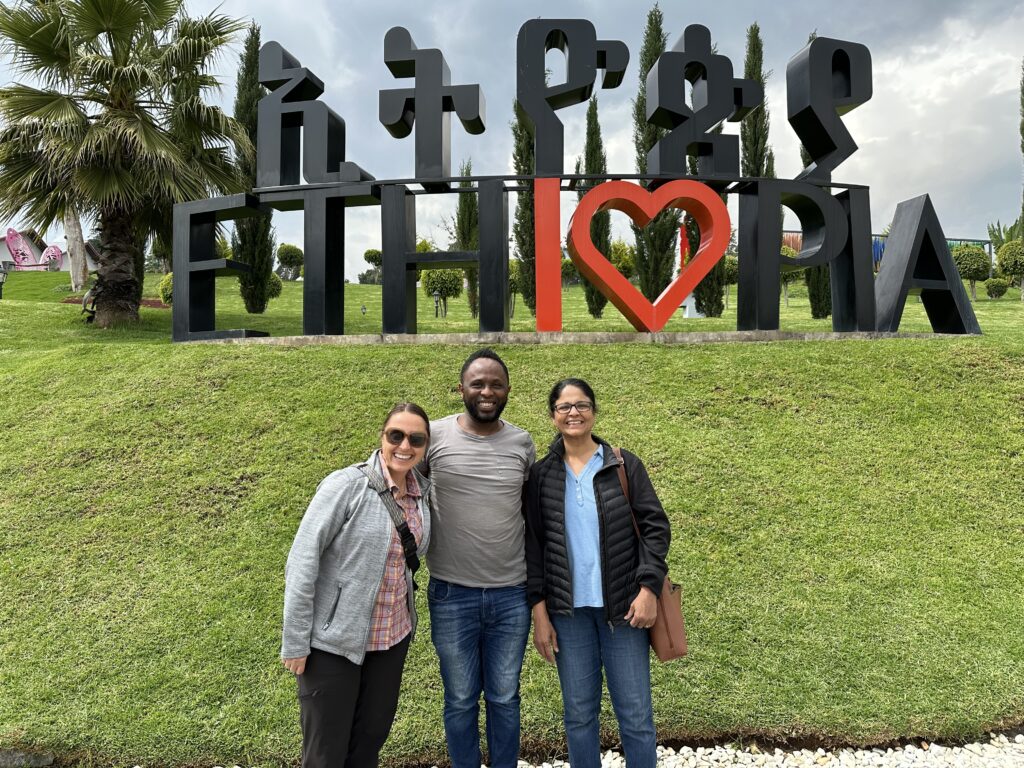Overview
The Smith Global Leadership Fellows program is designed to provide faculty fellows with knowledge, experience, and networking opportunities in global food, agriculture, natural resources, family and consumer sciences, and veterinary medicine. The goal of this is program is to develop global champions across UTIA, provide points-of-contact for global engagement beyond the Smith Center, and create a culture of “global UTIA.”
Spanning three and a half years and designed as a sixteen-month professional development experience, the SGL program has equipped three cohorts of UTIA faculty with the tools, networks, and perspective necessary to engage with global partners and address complex international challenges in agriculture, natural resources, and veterinary medicine. Through structured training, the implementation of global initiatives, and strategic visits to Washington, D.C., fellows have gained direct insight into international policy, partnership development, and cross-cultural collaboration.
By supporting faculty innovation and partnership on an international scale, the Smith Global Leadership Fellows Program demonstrates what is possible when academic institutions invest in developing their faculty’s global footprint. As UTIA looks to the future, the SGL model stands as a strong foundation—one that other universities may look to as they build their own paths toward global engagement and impact.
2024 – 2025 Cohort
Past Cohorts

Alessandro Occhaialini
Department of Plant Science
Region of Interest: England
Project: Develop a research program to improve crop traits using state-of-the-art genetic engineering tools specific for plant cells.
Goals
The main goal of my SGL projects was to network and foster collaborations with research groups in England, in particular with my previous colleagues at Lancaster University, working in the photosynthesis group. Specifically, research is becoming more collaborative (unity is strength), where several scientists with complementary expertise build consortiums to achieve ambitious research goals and foster excellence.
Impacts
This project focused on improving relevant crop traits, such as Solanum tuberosum (potato), through the utilization of state-of-the-art genetic engineering and synthetic biology tools specific for plant cells. These novel synthetic biology tools, including gene editing, synthetic genomes, and organelles, have great potential to accelerate the productions of new plant varieties with a valuable impact on agriculture. The challenge for a modern concept of agriculture is to grow more food, while using less land, water, fertilizer, and pesticides compared to what we have historically done in the past. For this purpose, we are building research teams between groups in England and the United States with the main goal of applying for funding for engineering novel photosynthetic metabolic pathways in plants and improving carbon fixation and crop production.
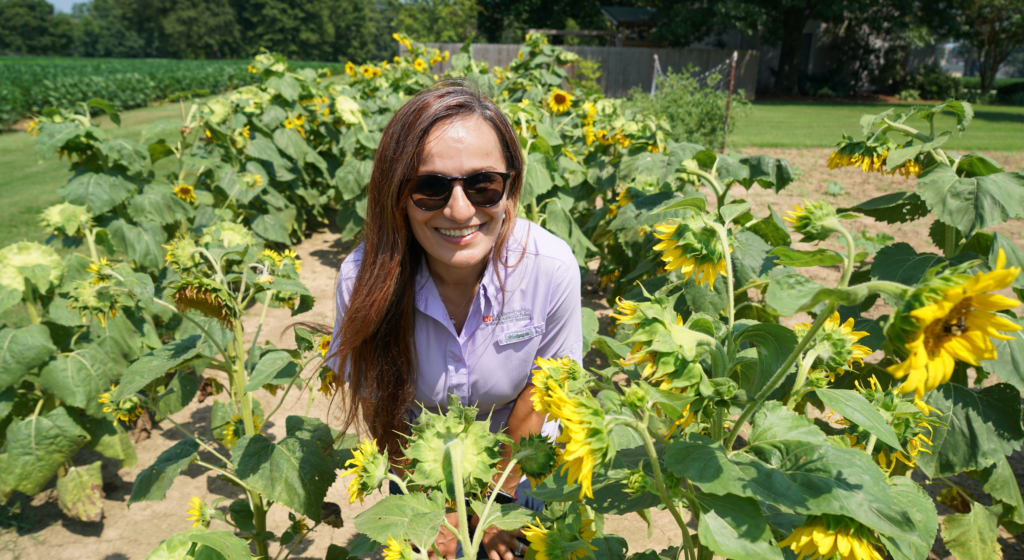
Avat Shekoofa
Department of Plant Science
Region of Interest: Germany
Project: Connect with international partners to improve knowledge on global leadership around the current climate challenges for crop production and food security.
Goals
My project focused on the international exchange of scientific information by building a global research program in crop physiology and water management. I worked with Carel Windt at Forschungszentrum Julich to implement different technologies. He was able to visit and become acquainted with the University of Tennessee and its facilities in the Eastern and Western regions of the state. I was also able to visit Windt’s team and familiarize myself with the Forschungszentrum Julich and its facilities.
Impacts
With this project, we successfully initiated an exchange program by hosting graduate students between my crop physiology program and Forschungszentrum Julich’s program. We also developed research ideas and generated a collaborative research grant. We introduced a non-invasive Nuclear Magnetic Resonance (NMR) sensing technique for crop plant-soil water relations to UTIA partners. As a part of this project, we increased the potential use of advanced plant-soil water sensors for precision phenotyping. We plan to further identify opportunities to monitor the impact of drought/water-deficit stress on source sink relations, grain filling, and flower-seed abortion.
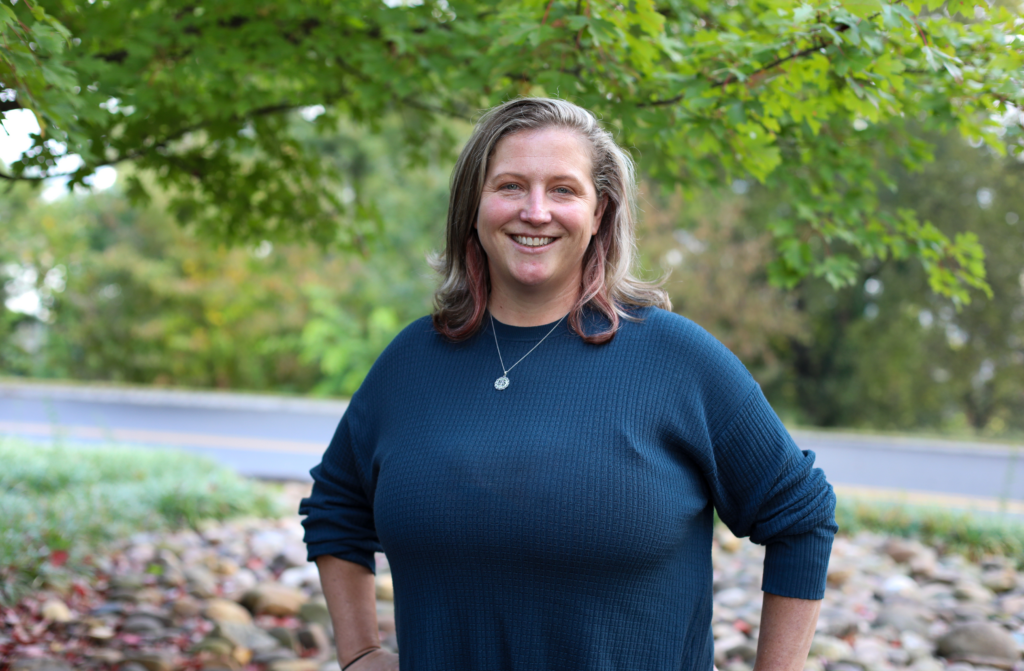
Becky Trout Fryxell
Department of Entomology and Plant Pathology
Region of Interest: Latin America and East Africa
Project: Develop a computer vision system for detecting ticks on livestock to reduce tick and pathogen movement at livestock markets around the world.
Goals
The main goal of my SGL project was detecting ticks with computer vision in order to prevent biosecurity threats. Tick-borne diseases (TBDs) affect eighty percent of the world’s cattle population, and outdated global cost estimates are between $13.9 and 18.7 billion US dollars; this was estimated at $23.4 and $31.6 billion US dollars in 2021. The primary method for managing TBDs is preventing the vector onto properties which is implemented and reliant on tick checks and rapid use of acaricides for tick suppression.
Impacts
Current surveillance methods for ticks on cattle are labor intensive as personnel must restrain an animal and then risk personal injury via physically touching and searching animals for ticks, which limits tick surveillance to the head and neck of an animal or prevents tick surveillance from occurring. Thus, while many exotic ticks and associated pathogens are poised to enter the US and continue to affect animal production worldwide, the current methods for detecting ticks on cattle (termed scratching) are impractical for producers, difficult for veterinarians, and primarily limited to the Cattle Fever Tick Eradication Program. As a part of a USDA funded project, we are developing a computer vision system to quickly and safely detect ticks on animals. With help from the Smith Center, we will evaluate the developed computer vision system for detecting ticks at livestock markets around the world to implement a rapid plan for preventing tick and pathogen movement at livestock markets and minimize these biosecurity threats.
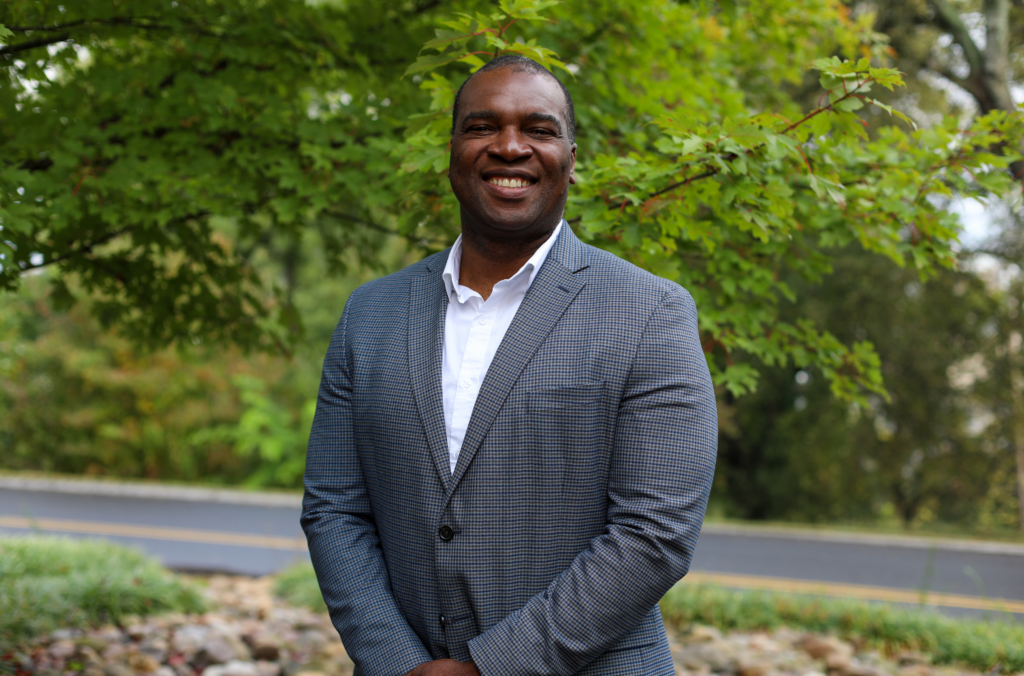
Chika Okafor
Department of Biomedical and Diagnostic Science
Region of Interest: East Africa
Project: Globalize research and teaching around the stewardship of antimicrobial use in food animals and veterinary medicine.
Goals
The goal of my project was to build a global One Health research program that addresses emerging global health challenges and improves teaching efforts in veterinary public health and epidemiology. Optimal prevention and control of emerging infectious diseases and antimicrobial resistance challenges requires a collaborative One Health team with different expertise around the world. My goals are to establish a One
Health team in East Africa, to collaboratively address One Health issues, and to support collaborative teaching and mentoring in veterinary public health and epidemiology.
Impacts
First, from mid-July to early August, I visited my global One Health partners in Rwanda (University of Rwanda College of Veterinary Medicine, Rwanda Agriculture and Animal Resources Development Board, and Rwanda Ministry of Health) and Kenya (University of Nairobi College of Veterinary Medicine, International Livestock Research Institute, and Kenya Medical Research Institute.) Secondly, I have applied to the Carnegie African Diaspora Fellowship Program (CADFP) to support my teaching and mentoring in veterinary public health and epidemiology at the University of Benin College of Veterinary Medicine in Nigeria. My global partners and I already submitted two grant proposals. In addition to meeting with these global partners and discussing collaboration research efforts, a new area of synergy emerged. There are current discussions to leverage UT’s strong graduate program to support the capacity building of early career faculty at the University of Rwanda (UR). The senior leadership of both UR and UTIA are excited about this new opportunity and would love to see it executed.
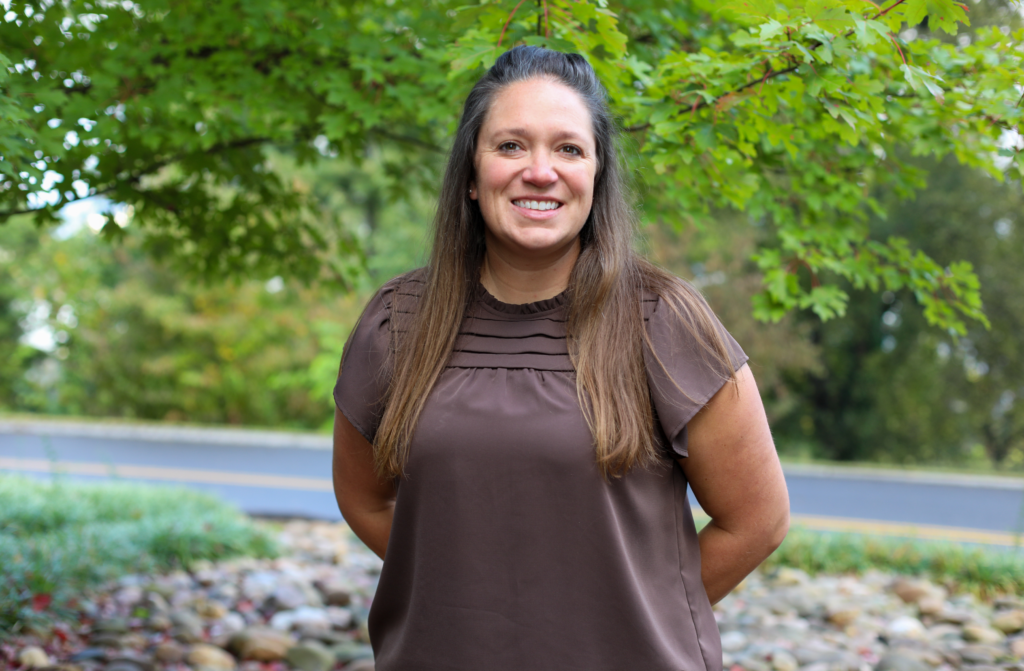
Jennie Ivey
Department of Animal Science
Region of Interest: Kenya
Project: Adapt Tennessee Extension trainings on equine welfare and malnourished animals for use with donkey-owning communities in East Africa.
Goals
Donkeys are essential for transport, agriculture, and income generation in Kenya, yet knowledge of their welfare and health is limited among owners and community members. During my recent visit to Nakuru County, I noted widespread issues, including malnutrition, poor handling, and untreated injuries in donkeys, underscoring an urgent need for education on proper care. Donkeys are not commonly featured in training programs or professional development for veterinarians and extension workers, leaving a gap in health and nutrition knowledge within these communities.
Impacts
In collaboration with Eunice Shilo Nginya, a former USDA Foreign Agricultural Service Scientific Exchange Program fellow, I developed a training program on donkey health, welfare, and nutrition for fifty extension professionals, faculty, and students from Massai Mara and Egerton Universities. The training will equip participants with practical skills to identify and address common donkey health issues, such as injuries from overloading and nutrition-related conditions. Emphasis will be placed on workload assessment, humane handling, and proper harnessing techniques to minimize stress and injury, complemented by feed nutrient analysis and diet formulation. Hands-on sessions will enable participants to practice health and nutrition assessments, including body condition scoring and weight estimations. By building local capacity, my program aims to raise welfare standards, ensuring that donkeys remain healthy and productive. This training will benefit both the animals and the livelihoods of those who rely on them in Nakuru County and surrounding donkey-owning communities.
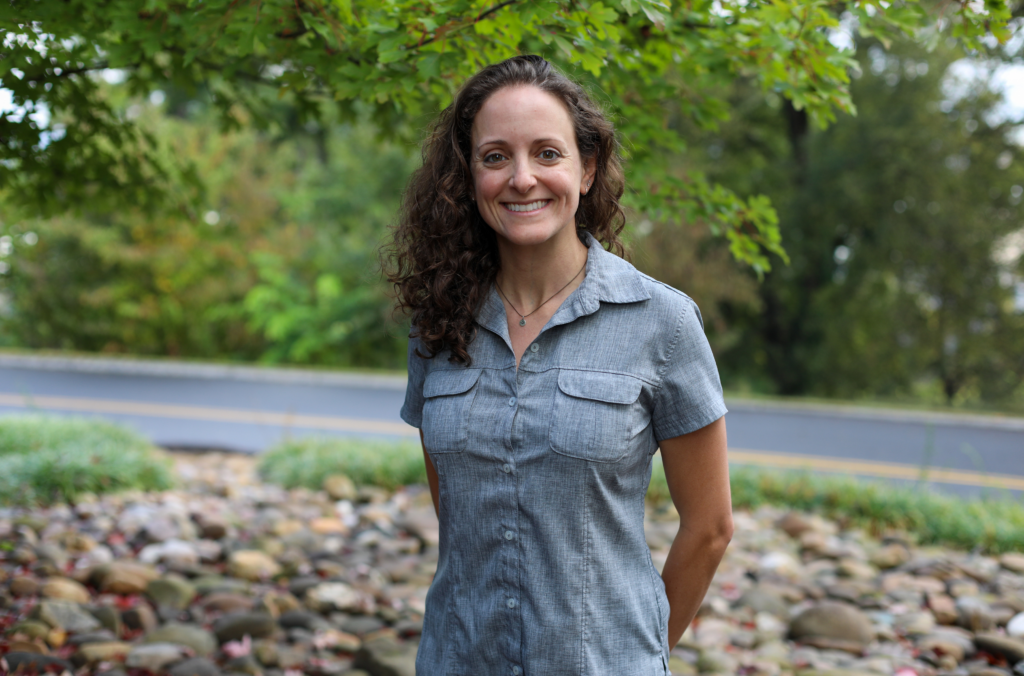
Julie Sheldon
Department of Small Animal Clinical Science
Region of Interest: Peru
Project: Collaborate to assess vampire bat populations that feed on multiple threatened marine species.
Goals
I traveled to Punta San Juan (PSJ), a coastal marine protected area in southern Peru, and an important rookery to several threatened marine mammal and seabird species. An outbreak of highly pathogenic avian influenza in 2022 and an El Niño event caused a lack of fish prey resources in 2023 resulted in increased mortality and decreased population numbers. Vampire bats that feed on sea lions and penguins also inhabit the coastal caves but have never been studied before. I led the first ever health assessment project on this population of vampire bats in collaboration with a Glasgow University PhD student. Our goals were to investigate their overall health and test for important viruses such as rabies and avian influenza.
Impacts
We completed two field sampling seasons in November 2023 and April 2024, in which we examined, sampled, tagged, and released fifty bats each season. We are currently working to submit samples for testing that we imported to the US. This work will contribute to the literature regarding this fragile yet vital ecosystem for ocean and wildlife health. I plan to continue contributing to health assessment and outbreak response efforts in PSJ and involve more UT faculty, staff, and students in future projects.
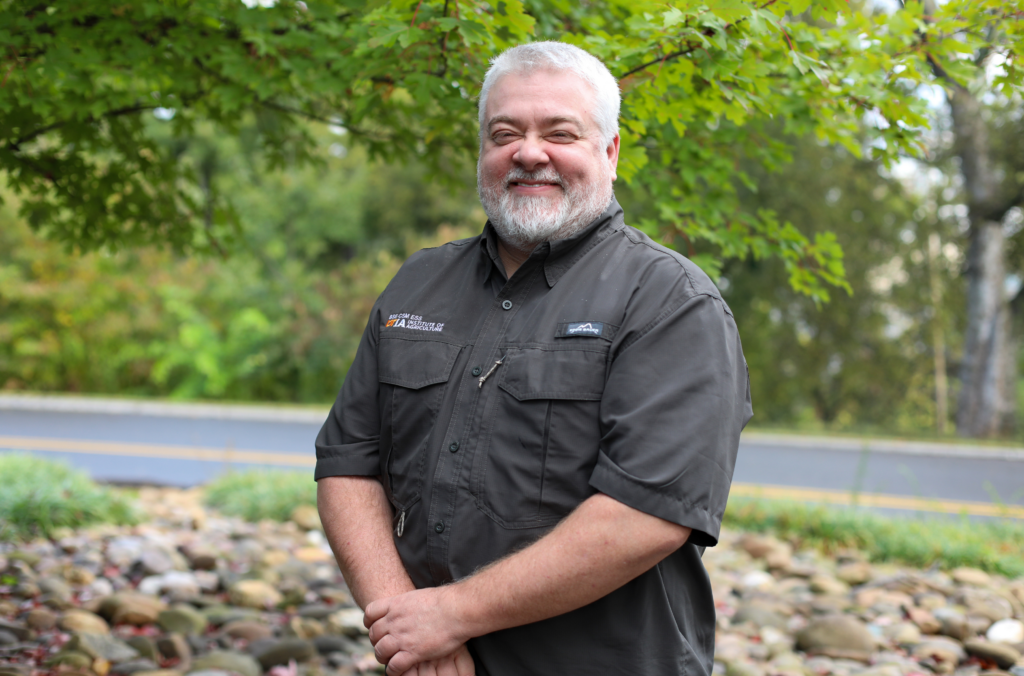
Sean Schaeffer
Department of Biosystems Engineering and Soil Science
Region of Interest: Latin America
Project: Leverage the Food-Energy-Water Systems network to explore opportunities for collaboration for research and student education with soil scientists.
Goals
The SGL Program is providing me with the support and resources to rebuild and refocus an international program centered on soil health issues at the nexus of food, energy, and water systems. With the help of the Smith Center, I was able to expand my international contacts and collaborations to Latin America and the Caribbean.
Impacts
I participated in a Seed Grant Program from the Center for Global Engagement on drought mitigation strategies in the Dominican Republic. This has enabled me to further develop proposals with other faculty across the UTK campus. I have also established contacts with the Argentine No-Till Farmers Association (Aapresid). I am planning on traveling to Argentina in 2025 to discuss impact of No-Till agriculture on soil carbon resources and developing soil health metrics for oil-seed crops that will benefit farmers in Argentina and Tennessee.
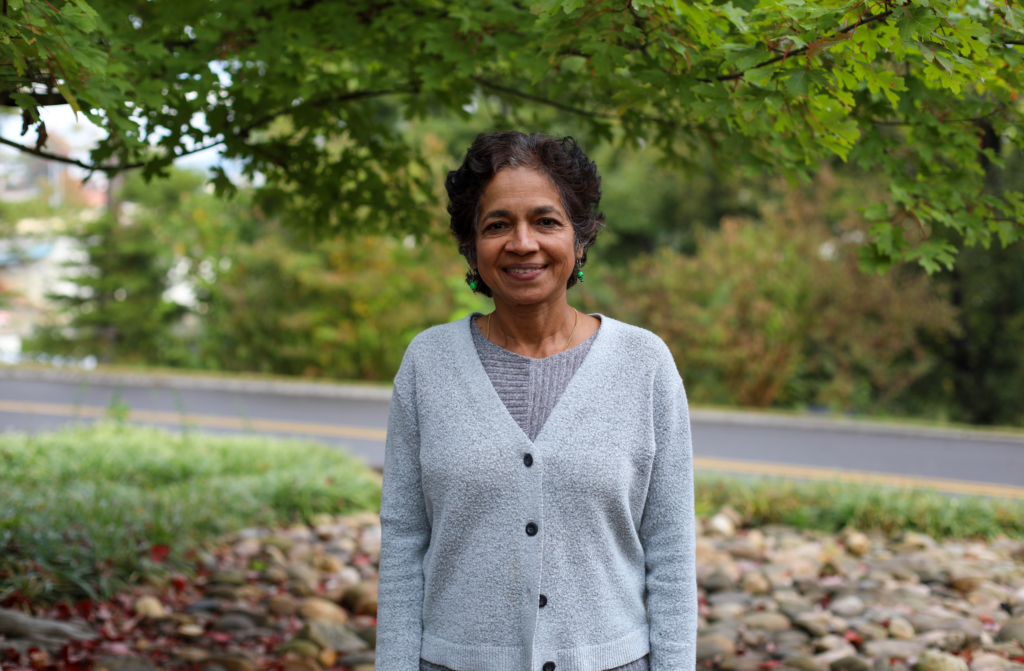
Sree Rajeev
Department of Biomedical and Diagnostic Science
Region of Interest: Ghana and the Philippines
Project: Develop collaborative research on leptospirosis, studying the epidemiological, economic, and social impacts of this disease in animal population.
Goals
I am an infectious disease researcher, veterinary diagnostician, and educator with a diverse science background and experience. My major research focus is on leptospirosis, which is a leading zoonotic cause of human morbidity and mortality and an underrecognized animal and human health problem worldwide. Participating in the SGL fellowship program enabled me to develop international collaborations in research and training in developing countries to conduct epidemiological investigations, address gaps in knowledge, and help implement feasible intervention strategies in the area of leptospirosis.
Impacts
I have been mentoring USDA Faculty Exchange Scholars for the past three years and have actively engaged in initiating research collaborations with them. As part of this program, I visited Linda Ofori at Kwame Nkrumah University of Science and Technology, Ghana, in December of 2023, and Nelson Montialto from Cavite State University, Indang campus, Philippines in April 2024. The trips were eye-opening and humbling, realizing the lack of infrastructure, and dearth of information on leptospirosis and other infectious diseases significant to human and animal health. I am working on assembling a team of scientists from various geographic regions including Southeast Asia, West Africa, Central America, and the Caribbean to seek funding to establish research and training programs to study this important zoonotic disease’s impact across time and space.
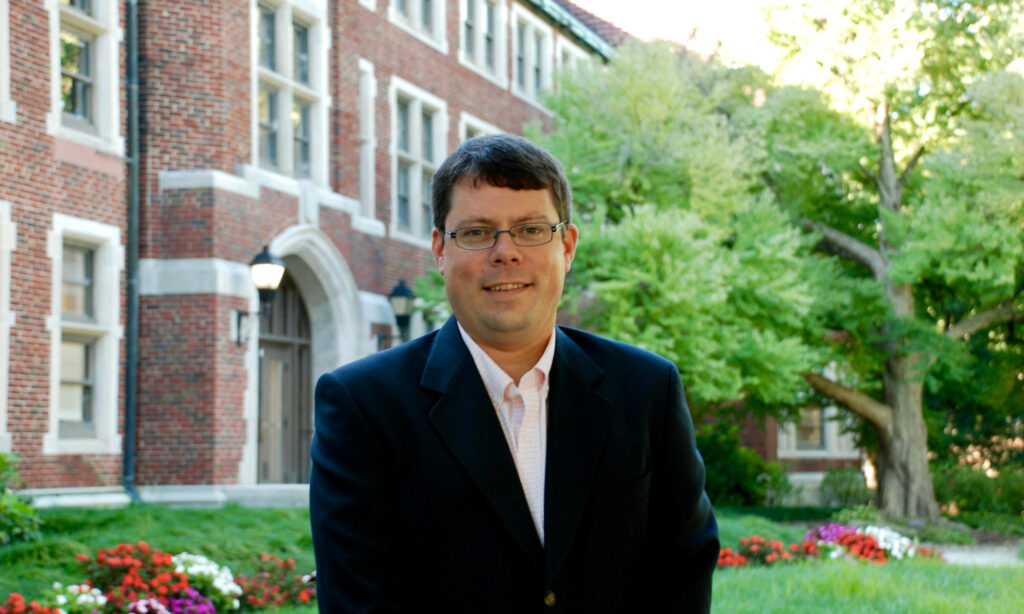
Aaron Smith
Department of Agricultural and Resource Economics
Region of Interest: Argentina
Project: Extension outreach exchange program focusing on global marketing, risk management, and government policies impact on grain, oilseed, and cotton markets.
Goals
The objective of my SGL project was to facilitate an exchange of U.S. and Argentina farmers, UT Extension agents, and other agricultural stakeholders. This exchange will involve groups of U.S. farmers visiting Argentina and a reciprocal visit of Argentinian producers visiting the U.S. The program focused on production of climate smart agricultural commodities and producer access to developing carbon and ecosystem service credit markets. Participants are required to share their experience with peers in their home country.
Impacts
I traveled to Argentina June to July 2022. The trip allowed me to build relationships with agriculture organizations and universities in Argentina. For the producer exchange, we partnered with Consorcios Regionales de Experimentación Agrícola (CREA) – a farmer funded organization that includes over 2,200 members. This fall I hosted Ariel Angeli, research and development unit leader at CREA, where he visited various Tennessee farms and attended a climate smart agricultural commodity meeting. During his visit, Ariel presented his financial, production, and environmental benchmarking work to a group of faculty and students which has led to numerous discussions on collaborations to conduct research and expand benchmarking programs. A group of Tennessee farmers and agricultural industry personnel will be traveling to Argentina this winter, and the next step for the project is to secure multi-year funding for producer and agricultural personnel travel to Argentina and the U.S.
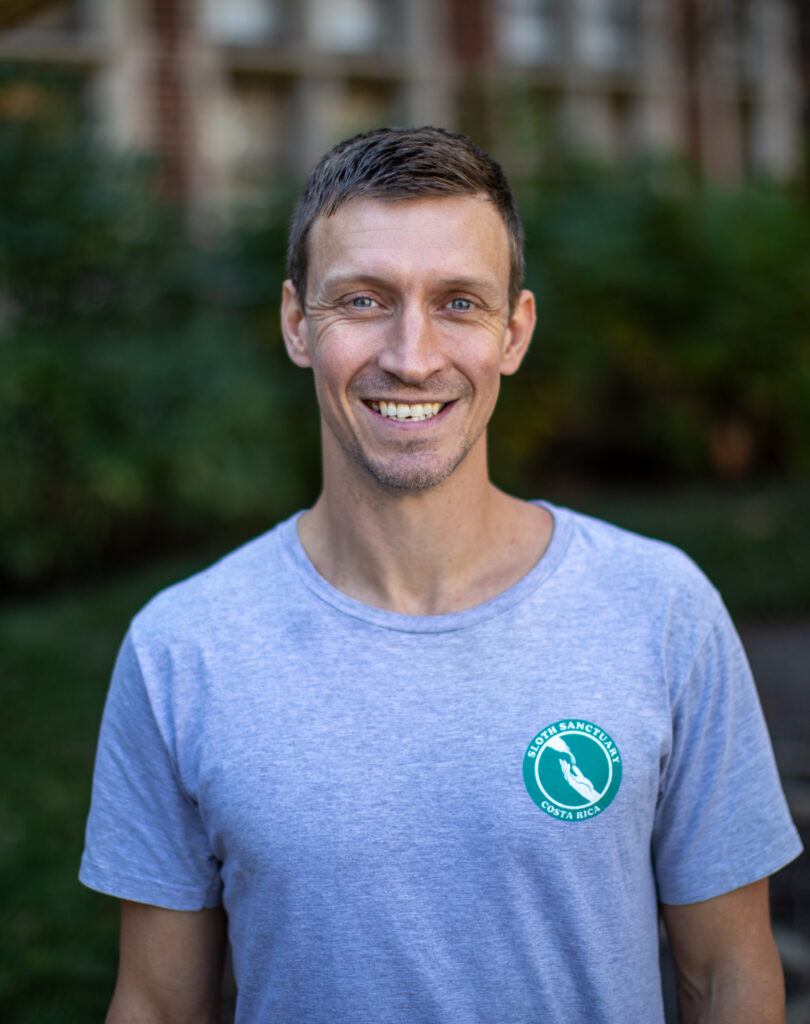
Andrew Cushing
Department of Small Animal Clinical Sciences
Region of Interest: Belize
Project: Expanding clinical rotation partnership with the Belize Zoo.
Goals
I currently direct a ten-day rotation at the Belize Zoo, for clinical level veterinary students. During these rotations, we care for and manage the animals at the Belize Zoo. In 2023, we traveled with sixteen veterinary students, six faculty members, and a veterinary technician. The program included a visit to the Crocodile Research Coalition (CRC), with the intent to form a partnership with that facility in future years. A fall 2023 visit is scheduled to meet with the Belize Foundation for Research and Environmental Education (BFREE), with the same intent.
Impacts
This clinical rotation is the first, and only, clinical rotation within a veterinary school that takes students overseas. It has been a meaningful addition to the curriculum and provides students with experiences in new locations, new species, and different cultures. In 2024, two staff from the Belize Zoo will visit Knoxville to participate in knowledge sharing and continue building successful relationships. The next steps with this project are to expand the rotation to include additional sites and educational experiences with CRC and BEFREE. In fall 2024, the director from Veterinarians International, will accompany me to Belize. We plan to collaborate on teaching, animal care, and empowerment methods, and she is impressed enough with this program to see it first hand and provide me with a role within the organization.
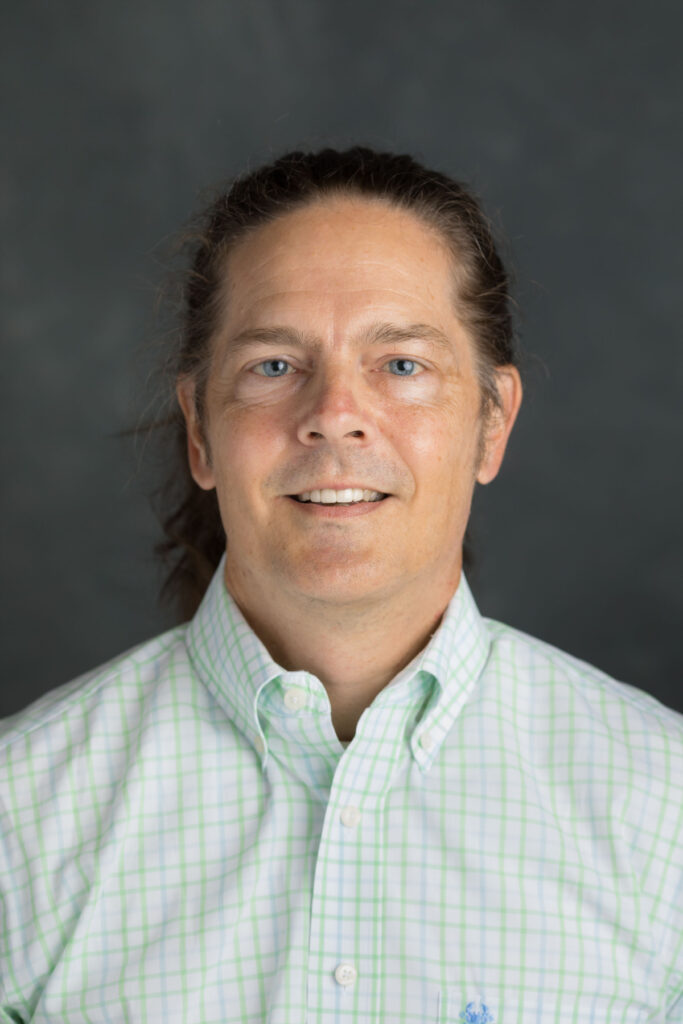
Charles Kwit
School of Natural Resources
Region of Interest: Brazil
Project: Build a global outreach program that fosters research and teaching efforts while also encouraging worldwide bird banding station-herbarium collaboration.
Goals
My project aims to assemble an international team of scientists who can collectively synthesize bird data and diet data during migration to gain a better understanding of how birds approach migration and how they impact the ecosystems they traverse. To initiate my project, I traveled to Spain in fall 2023 to work with two renowned ornithologists and seed dispersal ecologists in Sevilla. There, I observed the bird ringing process in southern Spain and gauged the assistance needed to collect dietary data.
Impacts
Given that procedures are similar in Spain and the US, my team is now confident in moving forward with drafting a National Science Foundation ‘Research Coordination Network’ proposal, with the primary goal to establish field and curatorial protocols to assemble meaningful data on migratory birds and their diets from around the world during fall migration. International Steering Committee members who will serve as co-PIs on this proposal include collaborators from Spain, and ideally another seed dispersal ecologist from Japan, along with experts in data collection and curatorial processes. Data collected via these procedures will be interfaced and made available to network partners and the education community to further our understanding of bird migration, and the benefits therein for those birds and the ecosystems they pass through.
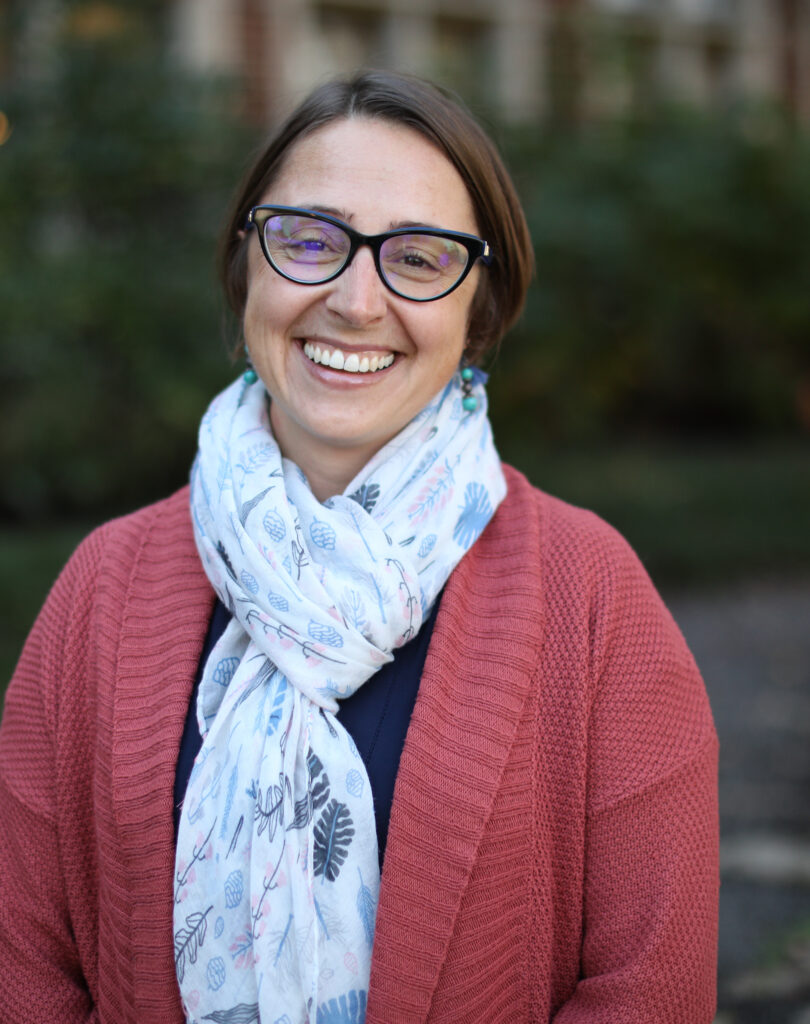
Dentia Hadziabdic-Guerry
Department of Entomology and Plant Pathology
Region of Interest: Belize
Project: Develop a research program for my students entitled “Can Chocolate Save the Rainforest?”
Goals
My primary research goal was to identify practical solutions for identifying and optimizing cacao butter quality by improving postharvest handling and processing practices among wild-grown cacao trees in Belize. This research complements my ongoing efforts focused on educating undergraduate students in a study abroad research course “Can Chocolate Save the Rainforest?” This work will provide outputs that include a peer review publication, experiential learning for our and Belizean students, and a unique opportunity to establish a strong collaboration for future proposals, which are planned with Belize Foundation for Research and Environmental Education (BFREE).
Impacts
We visited BFREE in January 2023 and and again during the summer of 2023. Our research team included three graduate students, two undergraduate students, and four UTIA faculty. In collaboration with BFREE staff and Penn State University, we completed a fermentation project which will result in peer-review publications. This research complemented our ongoing efforts focused on international and experiential research opportunities for our students. We plan to continue traveling to BFREE to work on conservation efforts of cacao trees. In 2024, we will take another cohort of students to Belize and continue our experiential research. We also recruited a student from Belize, who will start his M.S. degree in Entomology and Plant Pathology focusing on cacao diseases at the BFREE conservation area.
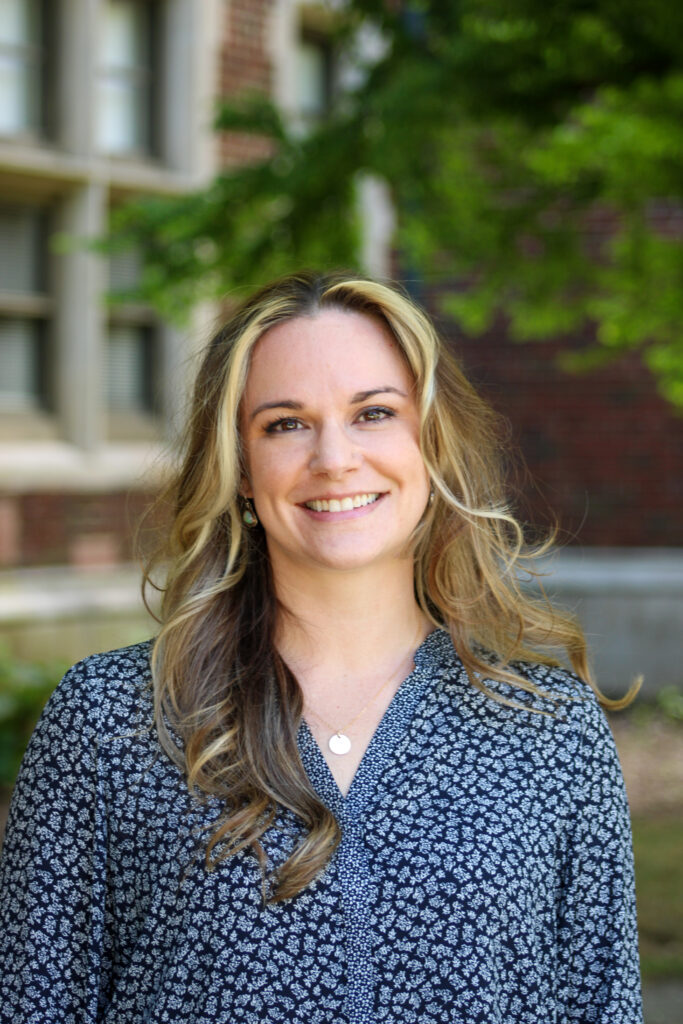
Kristen Johnson
Department of Family and Consumer Sciences
Region of Interest: Cambodia
Project: Develop nutrition community-based interventions and collaborations to address global food insecurity.
Goals
As an Extension nutrition faculty, I work with people and communities so that all people have the knowledge, skills, and opportunities to consume adequate amounts of safe, nutritious foods to support their growth, development, health, and wellbeing. Despite the importance of nutrition, many people in communities worldwide experience food insecurity, meaning they cannot access the nutritious foods they need. Improving food insecurity requires making nutritious foods more available and accessible, and helping people choose and prepare nutritious foods. In Cambodia, half the population experiences food insecurity. Many organizations worldwide are engaged in projects to improve food insecurity in Cambodia, which includes efforts to incorporate nutrition and agriculture education in schools.
Impacts
As a Farmer-to-Farmer volunteer in Cambodia, I collaborated with university faculty, extension staff, school teachers, and students to support efforts to incorporate hands-on nutrition education in Cambodian schools. For this project, I developed nutrition education materials that incorporate agriculture and art, trained school teachers, and coordinated with teachers to deliver nutrition education lessons to students. This work increased Cambodian teachers’ knowledge, confidence, and capacity to teach nutrition education. After volunteering, I continue to collaborate with Cambodian faculty to plan, develop and implement extension projects in Cambodia and Tennessee.
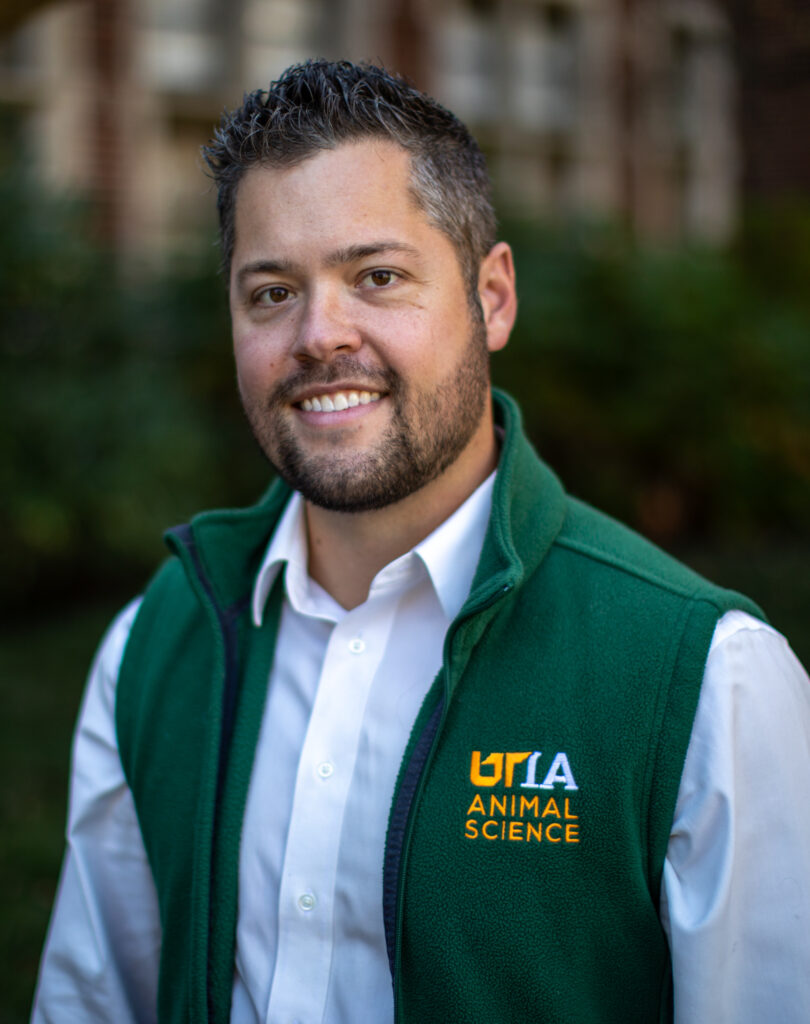
Phil Myer
Department of Animal Science
Region of Interest: Honduras
Project: Globalize animal science senior research internship program by building on current partnership with Zamorano.
Goals
A global, collaborative research program holds immense significance as it enables researchers to collectively address complex, cross-border challenges that transcend geographic and disciplinary boundaries. By bringing together different perspectives, expertise, and resources from around the world, such programs foster innovation and the development of holistic solutions to pressing global agricultural issues. To that end, my program focused on continuing to develop an internship program with Zamorano University. Zamorano is an international agriculture-centric university in Honduras that focuses on addressing challenges in Latin America, such as conservation of natural resources, rural transformation, and development of internationally competitive agricultural and agro-industries.
Impacts
This continued work aims to reestablish and train undergraduate students from Zamorano for research opportunities in animal science. This collaboration has resulted in research publications, increased student recruitment from Zamorano, and future guest lectures in UTIA courses and seminar series. Sustained impacts from this program include improved globally-oriented research proposals and funded projects, improved globally-oriented research publications, and increased global reputation for UTIA. Such research efforts not only advance knowledge but also promote cultural exchange, cross-cultural competence, and the exchange of best practices, enriching the AgResearch landscape and cultivating a more interconnected and sustainable world.

Scott Lenaghan
Department of Food Science
Region of Interest: Israel
Project: Address food security and climate challenges through synthetic biology, conservation agriculture, and global food security by combining BARD funding with additional funding opportunities.
Goals
The objective of my project was to increase my research portfolio outside of U.S funding sources and to increase participation of international graduate students within my research program. Specifically, one goal of this project was to expand my existing collaboration with Israeli researchers through additional US-Israel Binational Agricultural Research and Development Fund (BARD) funding.
Impacts
In 2021, I was awarded a BARD proposal with Israeli researchers at the Volcani Center to develop climate resistant barley to increase food security within the region. During my SGL project, I expanded my research by enlisting a former PhD student, and current researcher at the University of Idaho, along with researchers at Tel Aviv University. I worked with these researchers to develop an integrated proposal that is planned for submission to BARD in 2024. The goal of this research is to engineer phage with reduced potential for recombination, thus increasing the potential use of this phage as an antibacterial wash to prevent contamination of food. The end product will be tested against Listeria to demonstrate the feasibility of the approach. In addition to this work, I will be hosting a MS student from Hohenheim University in 2024, who will conduct his research project in my lab. The experiences provided by the SGL program have allowed me to identify opportunities beyond the U.S. system, which I believe will allow me to further expand my research portfolio.
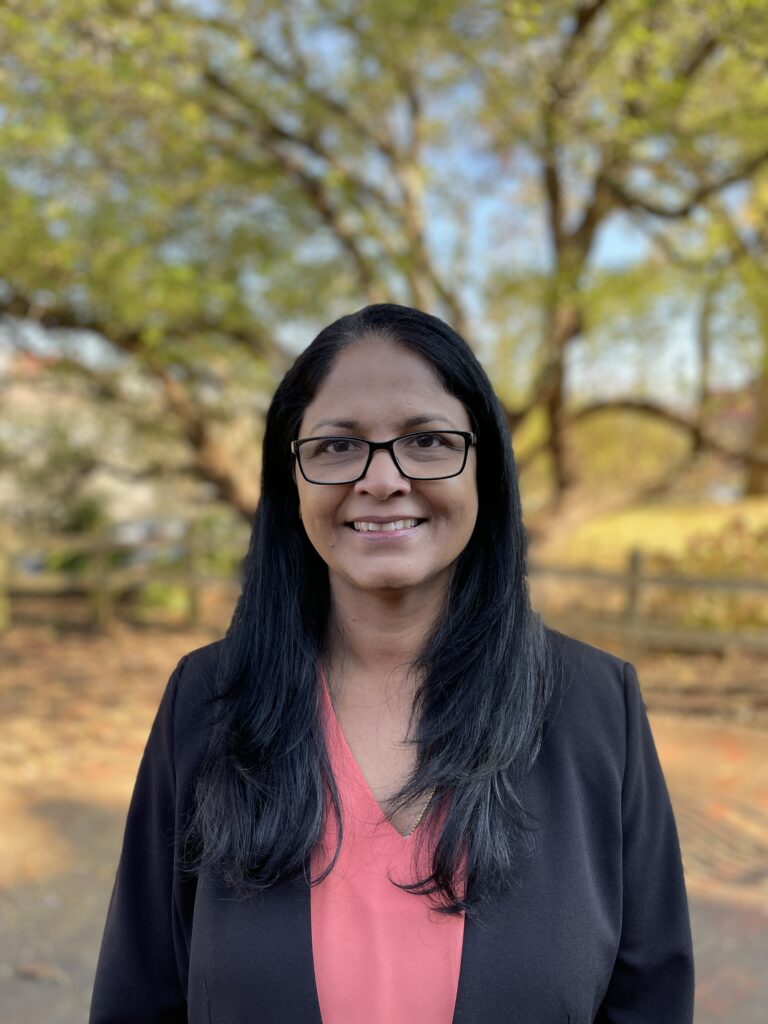
Sindhu Jagadamma
Department of Biosystems Engineering and Soil Science
Region of Interest: Ethiopia
Project: Build a global research program for increasing crop yield and ecosystem services around the world.
Goals
My SGL project initiated the globalization of my research on prudent soil and nutrient management without compromising food security. As part of this effort, I traveled to Ethiopia in May 2023. I was specifically interested in Ethiopia because of its great agricultural potential, younger and larger workforce, and strategic location between the north and south of Africa. I leveraged seed funding from the Smith Center to cover travel for me and my collaborator, Dr. Denita Hadziabdic-Guerry. We also received support from the Bethel Agricultural Association (BAA), a non-profit organization working diligently to start the Bethel Environmental and Agricultural University in Woliso, Ethiopia to strengthen agricultural professional training in the country.
Impacts
This trip was an eye-opener for me as I learned the multitude of challenges associated with any successful grassroots-level development activities in sub-Saharan Africa. We also visited the Bio and Emerging Technology Institute (BETIn) in Ethiopia and discussed the possibility of preparing collaborative proposals and engaging in student exchanges. Moving forward, I am committed to working in collaboration with BAA and BETIn, as well as other partners, for scientific capacity building and workforce development in Ethiopia and other regions where support is most needed.
-
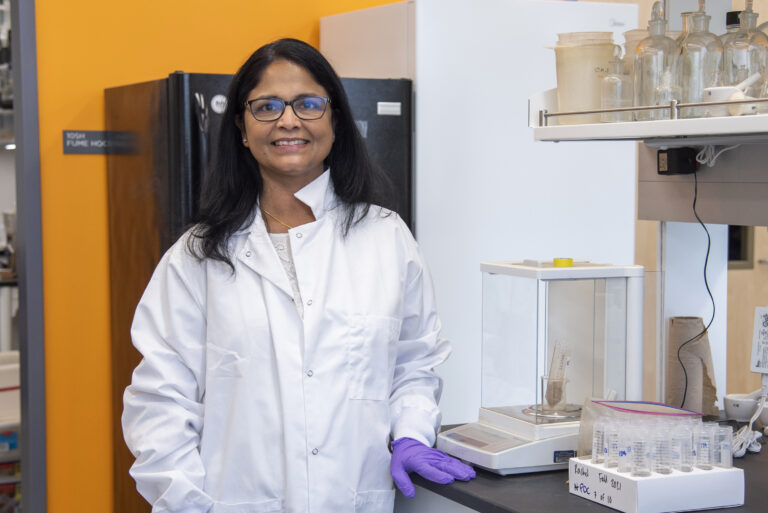
Sindhu Jagadamma’s Impact on STEM and the UTIA Community
By Lily Rutherford In November 2025, Sindhu Jagadamma received the Women in Science National Mentoring Award at the Crop, Agronomic, Environmental and Soil Sciences (CANVAS) Conference in Salt Lake City,…
-
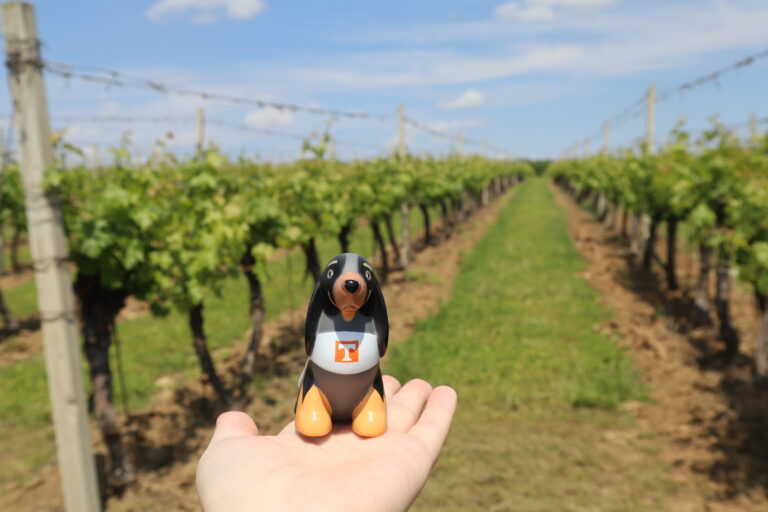 #StudyAbroadStories | Events | International Interns | Smith Global Leadership Fellows | Study Abroad | UTCVM
#StudyAbroadStories | Events | International Interns | Smith Global Leadership Fellows | Study Abroad | UTCVM2025 – A Year of Firsts, Adventures, and Successes
By Lily Rutherford The Smith Center for International Sustainable Agriculture has seen an incredibly successful 2025. From a groundbreaking program launch to new experiences in over five countries across the…
-
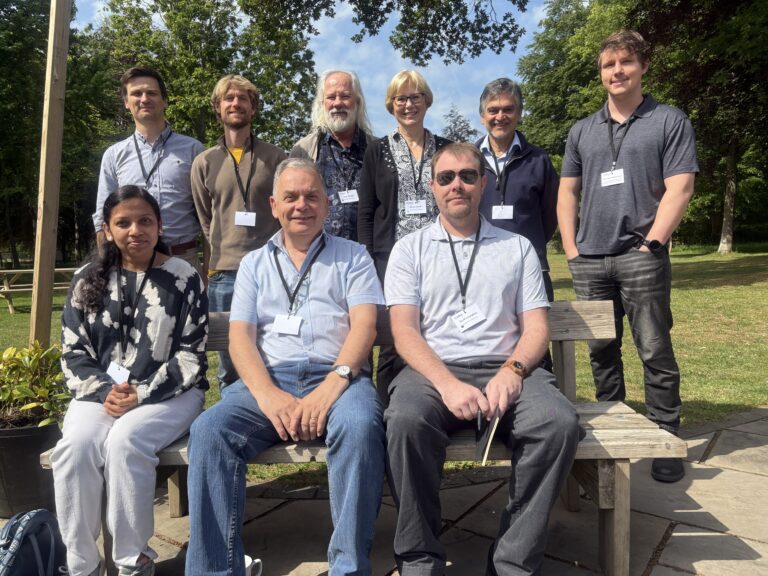
UTIA SGL Faculty Fellow Receives Major International Grant
By Lily Rutherford The University of Tennessee Institute of Agriculture sees its faculty make many groundbreaking contributions each year. One standout is Scott Lenaghan, a graduate of the Smith Global…
-
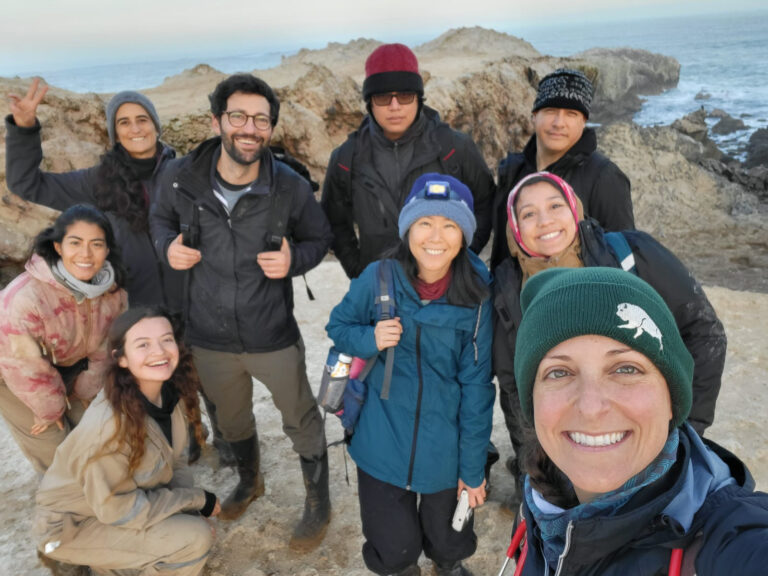
Smith Global Leadership Fellows Program: Julie Sheldon
By Lily Rutherford Julie Sheldon, a clinical assistant professor in the Department of Small Animal Clinical Sciences, was a part of the 2023-2024 Smith Global Leadership Fellows Cohort. With the…
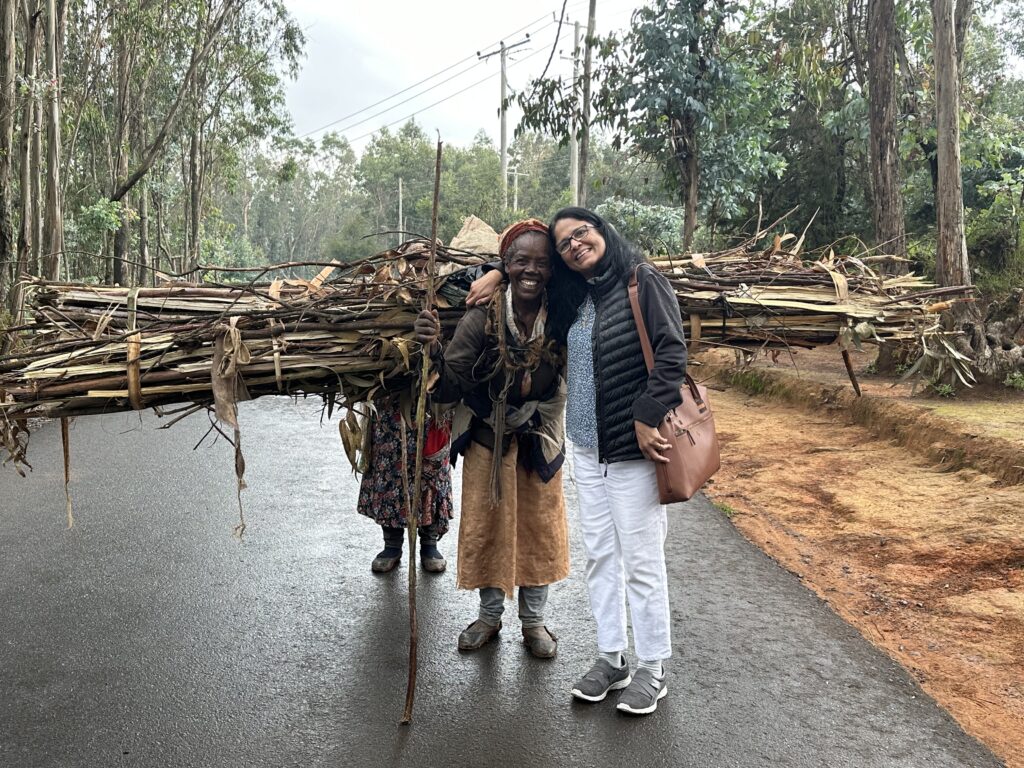
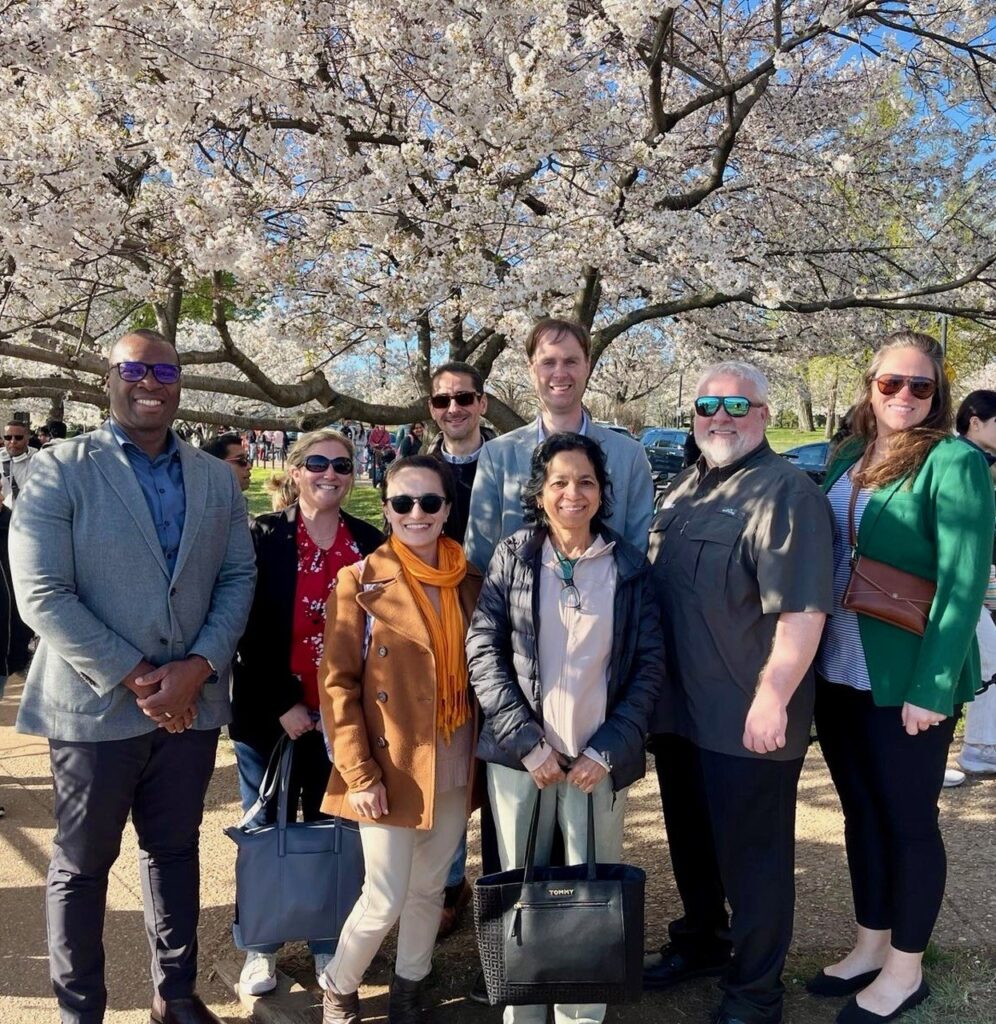
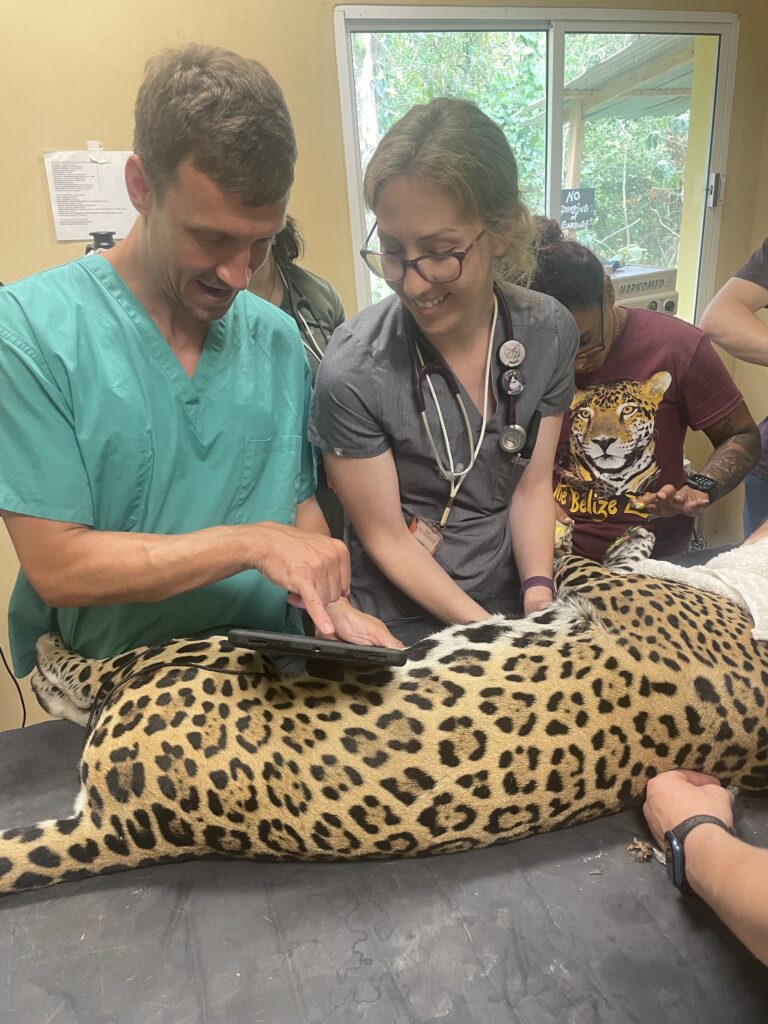

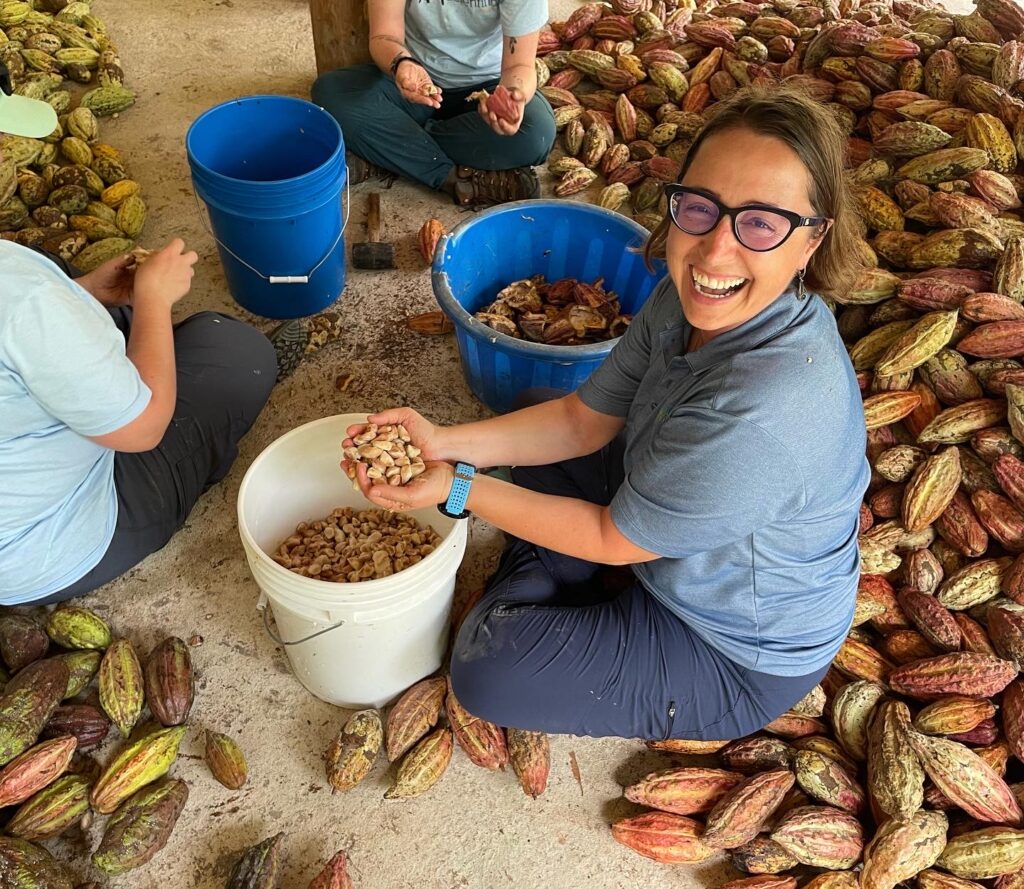
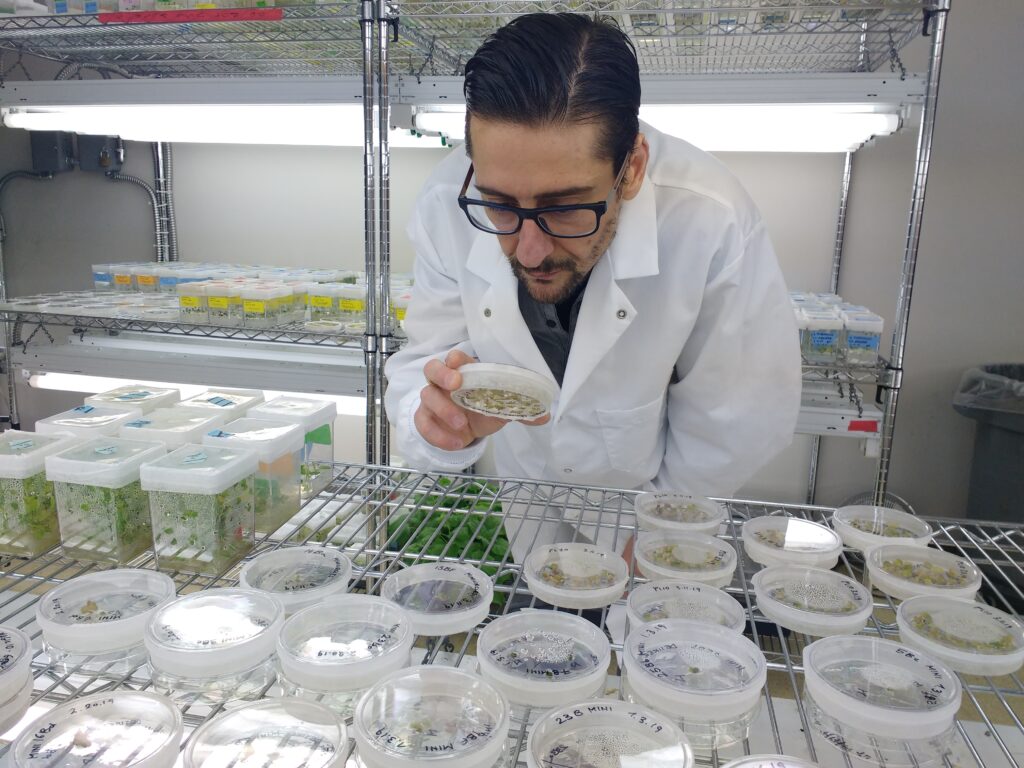
-1024x768.jpg)
